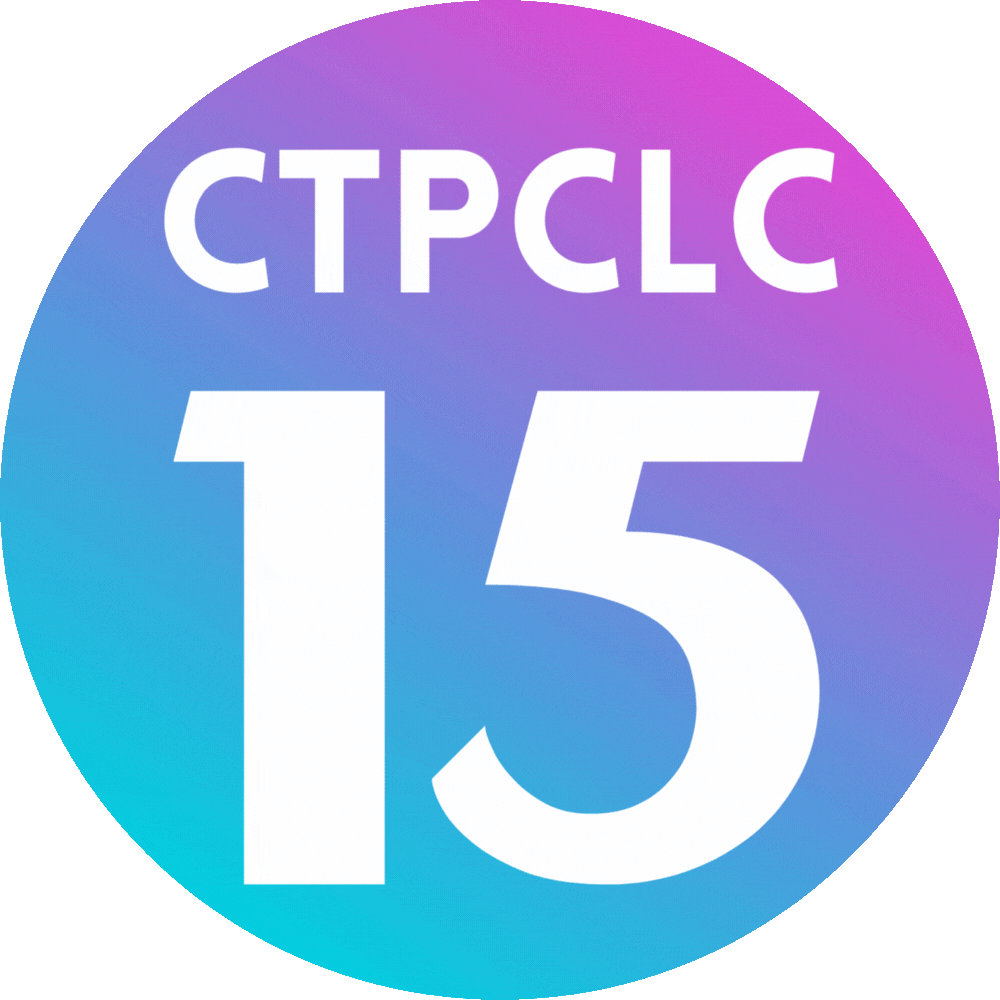Diversity & Inclusion: Interview with Dr Angeline Lim
Zoe Ang Jia Wei, 13 October 2022
At its heart, diversity and inclusion is about creating a common ground for people of different backgrounds to have a conversation. Beyond that, it is also about understanding our own socio-cultural identities, and how these identities shape our interactions with others. In every domain of our life, we interact with people on a daily basis. In that regard, understanding the fundamentals of how humans interact, why prejudice, discrimination and oppression happen, are ways that we can create a more inclusive society.
As a topic, diversity and inclusion is frequently engaged about in online discussions. Such discourse can often turn heated when conflated with identity politics. Many often jump on the bandwagon and add to the discourse without first having a good understanding of the issue at hand. How, then, can we learn to be more critical and discerning in interpreting and value-adding to the discourse?
On a Monday afternoon, I had the privilege of interviewing Dr Angeline Lim, who has been teaching Chua Thian Poh Community Leadership Centre’s (CTPCLC) Diversity and Inclusion module (CLC3302) for the past few semesters. Essentially, the course is divided into four segments over the time period of a semester:
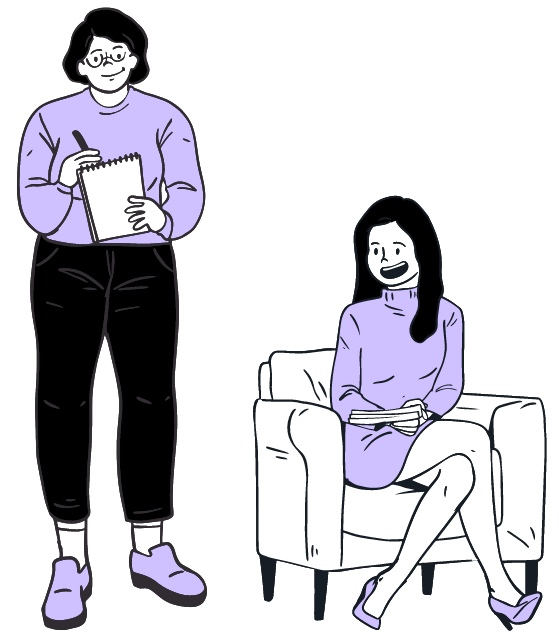
Content-aside, a parallel theme present throughout the entire module is the identity of the individual student and who they are in all of this. Truly, the topic extends far beyond mere practices of diversity and inclusion, but also pivots and forces us to confront our own blind spots and our perceptions of ourselves and others around us.
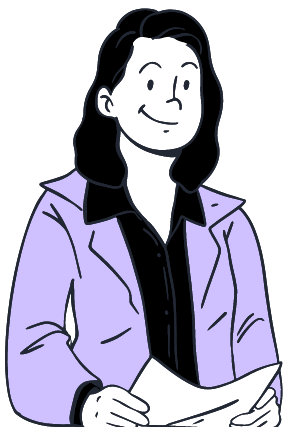
When asked about her favourite part about teaching this module, Dr Angeline Lim responded, “The transformation that I see in my students.” She continued on to share an anecdote from class, “One of the most memorable incidents from my most recent run of the module was when a student who joined the class with very little awareness and knowledge of diversity and inclusion issues ended up giving the most compelling presentation about the challenges faced by the LGBTQ community on campus and accompanying recommendations, because he had learnt so much about this community from his peers and from the research that they did as part of their group project. He amazed everyone in class with that speech!”
Diversity and inclusion is such a hugely personal subject, that the takeaways for each student would often be different. For someone who takes the module without any prior understanding or knowledge of diversity and inclusion, a key takeaway for them could be a greater awareness of D&I issues in Singapore. On the other hand, for someone who is an advocate of a particular community, what they may take away are frameworks for understanding such issues and for creating inclusion in the communities that they work in.
For Dr Angeline Lim, diversity and inclusion has always been a topic important to her. She cited her upbringing and personal experiences in school that sensitised her to such issues at a young age, and eventually paved the way for her Honours thesis, where she focused on discrimination in the workplace. When she joined CTPCLC in 2018 and was asked to suggest a module, diversity and inclusion immediately came to mind. It was indeed a fitting theme, as the International Association for Community Development (IACD) had also highlighted diversity and inclusion as one of the key practice themes for community developers.
After teaching and refining the module for so long, I was curious as to whether her thoughts on the topic had shifted since she first conceptualised the module. “Definitely!” She said. “Before I taught this module, my knowledge and experience with diversity and inclusion were limited to the organizational space and to the little that I had learnt from the CTPCLC research practicums. In preparing for this module, I have gained a more holistic understanding of diversity and inclusion, and in teaching this module over the last few years, I have learnt a lot from my students and guest speakers and my understanding continues to evolve.”
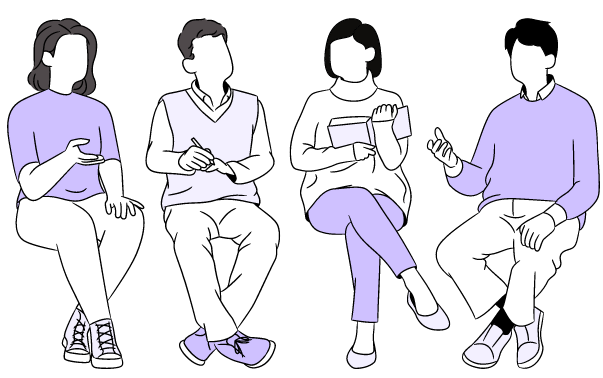
The diversity and inclusion space is ever-evolving, and it is imperative that community leaders and volunteers be well-equipped with useful frameworks for thinking about and articulating the work that they do in the community. For Dr Angeline Lim, her hope remains that passionate students joining CTPCLC continue to value evidence-based research and create sustainable and impactful ripples of change within the community.
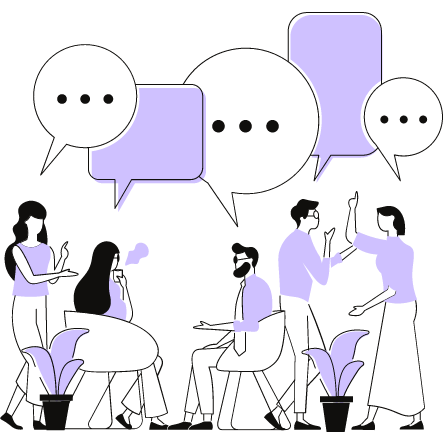
“20 years ago when I started work in this area, I had hoped that there would be greater awareness and discourse of such important matters. Now that people are talking about it everywhere, my hope is for the discourse to be more critical, more evidence-based and a whole lot less political!”


